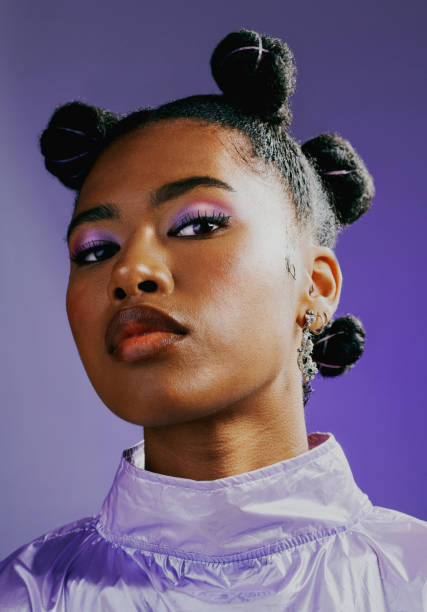Relationships are beautiful when they’re healthy.
Many times, relationships start healthy until unhealthy habits surface, which turns the whole thing sour. While these unhealthy habits may take some time to surface in some relationships, in others, they are seen from the onset.
Everything is about them
If your partner always chooses what movie to watch, where to eat, what you should eat and even down to what you should wear, chances are they are controlling, and your relationship is toxic. Toxic people tend to be pretty controlling and, in some cases, narcissistic.
They find every way to make everything about them and like to take control of every decision, no matter how small. They pretend to care about your feelings and opinions but eventually put themselves first.
They get really jealous
Another sign to look out for is if your partner keeps you from relating with anyone except them, including family and friends.
If your partner checks your phone regularly, gets suspicious of your relationship with other people and makes it clear that they don’t trust you, you are in a toxic relationship. Trust is one of the most important foundations of any relationship, and no partnership can survive without it. You should also know that their lack of trust is most likely a result of their own insecurities, not because of you as they might have you think.
They disrespect your boundaries
A common trait for toxic personalities is to overstep boundaries. They constantly push and probe into your life, leaving you with an overwhelming sense of self-doubt and frustration.
This eventually leaves you questioning your strength, values, and self-worth.
You get the silent treatment always
Passive aggressiveness is another sign of a toxic relationship. If your partner is always quick to respond “nothing” when asked what’s wrong and then proceeds to “punish” you by giving you the silent treatment, you should be wary.
Passive aggressiveness leaves no room for conflict resolution, and it is often followed by gaslighting. If you can’t talk to your partner, you shouldn’t be in that relationship, anyway.

There is always tension
Any relationship with extremely high highs and low lows is highly toxic. A volatile relationship makes it even harder to predict when your partner will get upset, which means you always have to be on your toes.
If you find yourself constantly trying to predict what will make your partner angry and trying to avoid them, it could be a toxic situation.
Despite popular assumptions, conflicts are a part of a healthy relationship. No, not the voice raised, throwing hands-type of conflict, but a much calmer mode of expression.
You feel trapped
If you feel like you can’t leave a relationship despite the abuse, then it is toxic, and you are trapped. While leaving a relationship might cause you grief and heartache, the truth is it is way better than staying in a toxic relationship.
Constant exhaustion and isolation
Dealing with a toxic partner weighs heavily, not just emotionally but also mentally and physically. Trying to predict someone else’s reaction and mood changes is tiring, and doing it over months or years is bound to leave anyone exhausted.
Trying to predict someone else’s reaction and or mood changes is tiring. Do it over for months or years, and you will become exhausted.
Once you start to feel drained and exhausted in your relationship, it’s time to think about leaving.
Leaving is easier said than done and can often cause more grief and heartache than staying in a toxic relationship. Despite this, try to remember that there’s always a way out, even in the most toxic relationships. If you would rather remain, therapy is one treatment you and your partner should consider to create a much healthier situation.






















